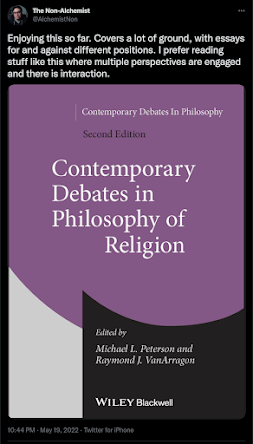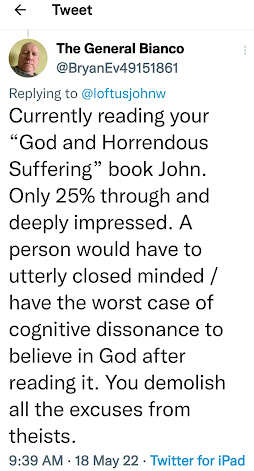You should read her essay in The Atlantic, "A Warning From Europe: The Worst Is Yet to Come: Polarization. Conspiracy theories. Attacks on the free press. An obsession with loyalty. Recent events in the United States follow a pattern Europeans know all too well." LINK.
Now consider Barbara F. Walter. She is a political science professor at the University of California at San Diego. She has spent over three decades studying civil conflict. In her new book, How Civil Wars Start: and How to Stop Them, Walter examines the rise of violent extremism on a global scale and warns of the increasing likelihood of a second civil war breaking out in the United States. She answers my three questions in the title of this post in the following interview, which will be the best 33 minutes you spend on these questions.
Let's focus on my third question, which Walter answers as Q#6 elsewhere:













